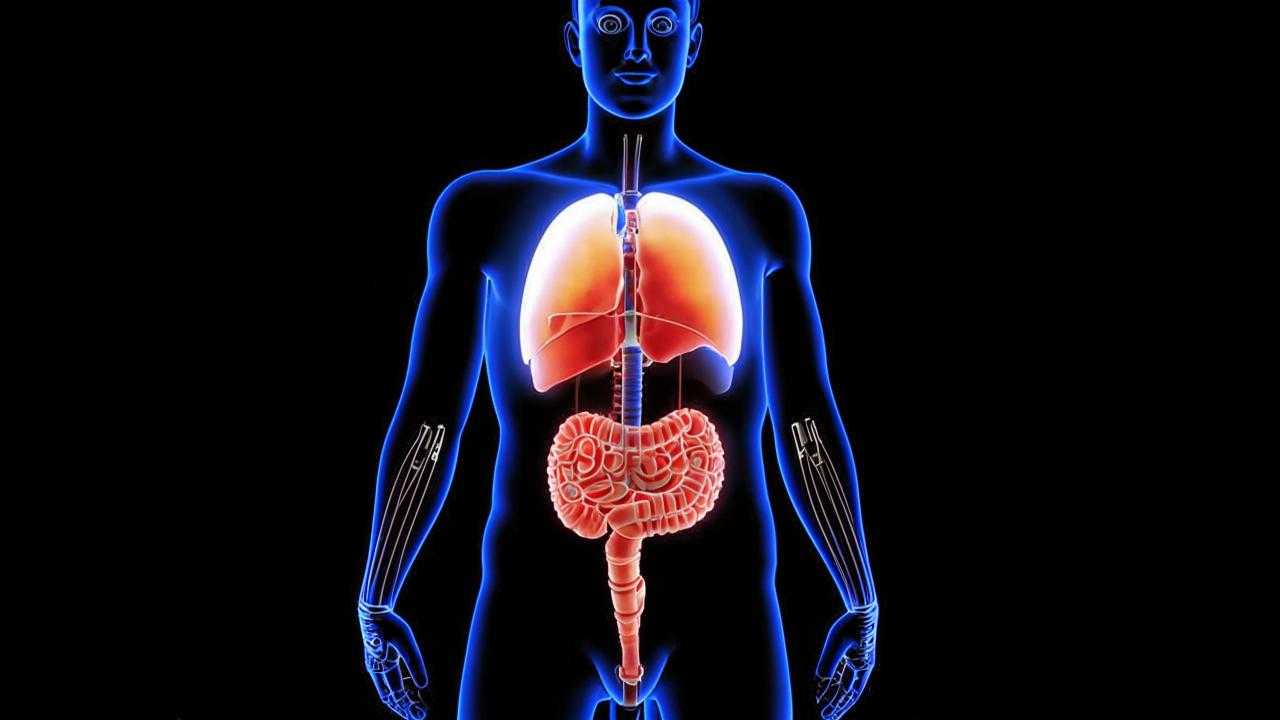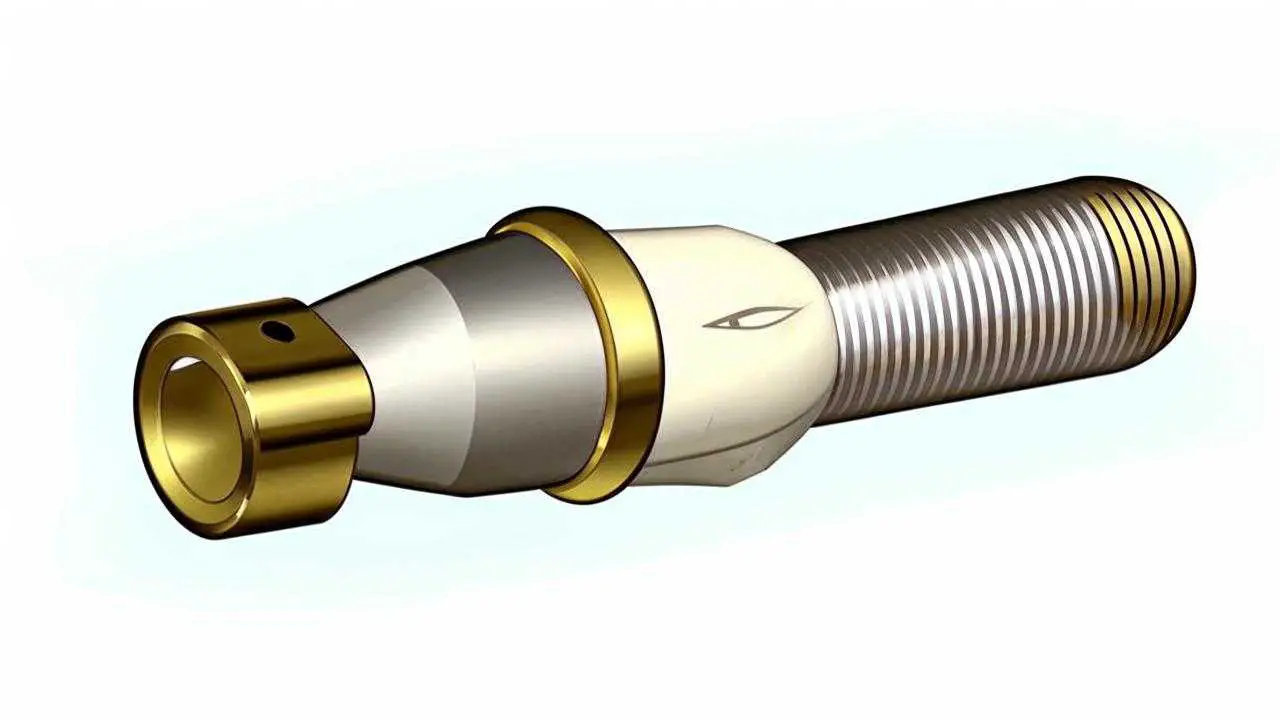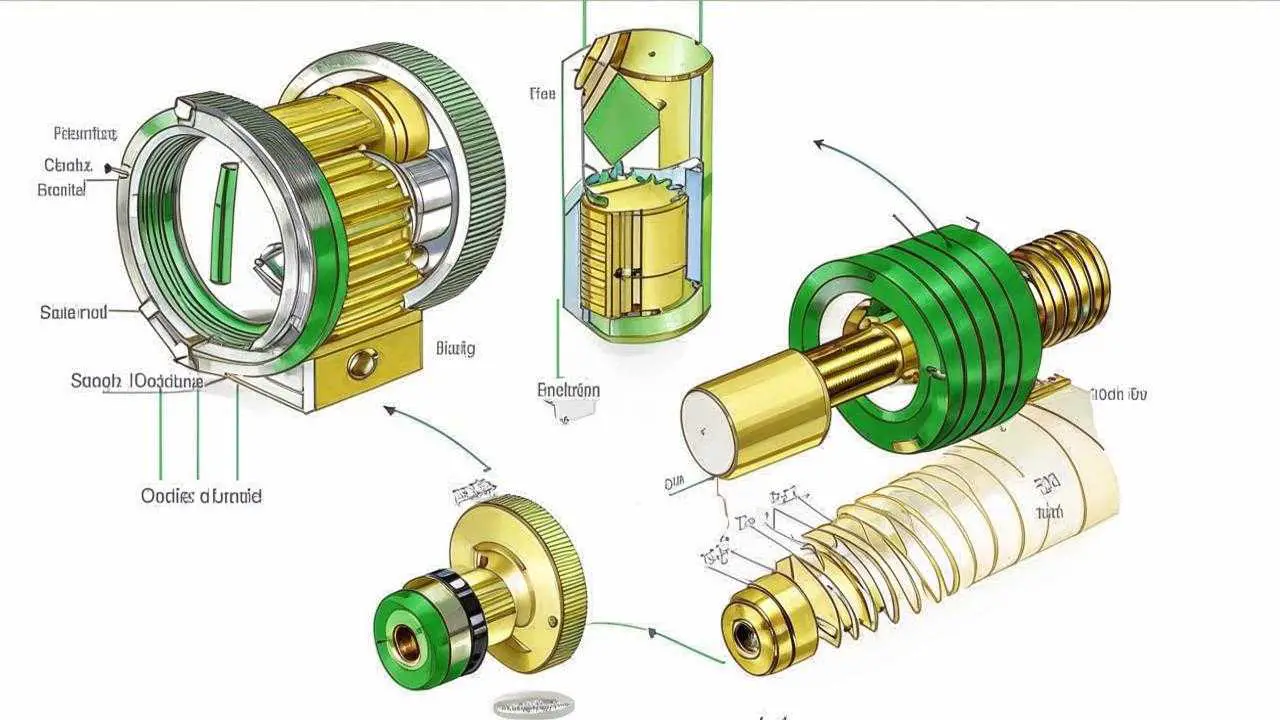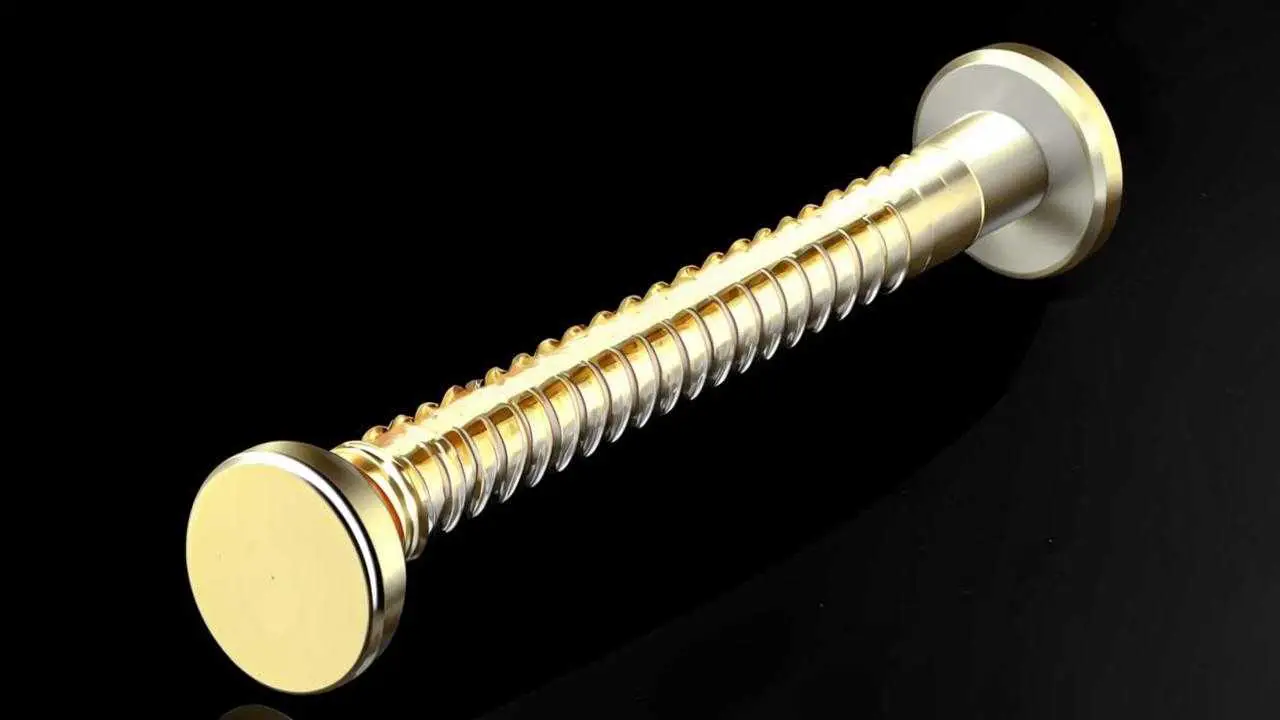Hepatitis is an inflammatory pathology of the liver. When the disease develops, increased bleeding of wounds is observed against the background of protein deficiency. The prolonged healing period limits the number of surgical interventions: implants implantation in patients with hepatitis is longer and more difficult. On the eve of implantation of implants in a patient with hepatitis it is important to make a thorough preparation: examination by an implantologist, medical examination, tests. Permission for implantation is given by the therapist.
Is it possible to implant teeth with hepatitis?
Hepatitis is not an absolute contraindication to implantation. The operation is done if a number of conditions are met:
- hepatitis is diagnosed in remission;
- there are no manifestations of pathology;
- blood parameters are not disturbed;
- the patient undergoes regular preventive examinations with a specialized doctor and follows therapeutic principles;
- the patient does not take antiviral drugs during the period of weakening of the body.
If a decision is made to perform surgery, implantation is organized in compliance with increased sterilization measures for the instruments used. The patient should be aware of the existence of risks, adequately assess their health and monitor the body after surgery: to conduct proper oral care, take prescribed medications, do not create conditions for further progression of hepatitis. Deterioration of the clinical picture leads to inflammation of tissues near the titanium root, rejection of the implant.
What is hepatitis, what is the danger of the disease
Hepatitis is an inflammatory disease of the liver, in which damage to the tissues of the organ leads to an aggravation of the general condition. If the patient’s appetite decreases sharply, fatigue increases, there is pain in the muscles and joints, right subcostal area, they talk about the development of an acute form of the disease. Pathology is an absolute contraindication to dental implantation.
Chronic hepatitis with a low-active inflammatory process does not have a pronounced clinical picture. The patient complains of a worsening of the condition after alcohol abuse, intoxication. The active form of the disease manifests itself brightly: the patient vomits, vomits, headaches appear, insomnia, prolonged and pronounced pain in the right subcostal region. Doctors note the signs of liver failure (jaundice, fluid accumulation in the abdominal cavity, fever).
In medical practice, they distinguish:
- Viral hepatitis (groups A, B, C, D and E). Sources of infection are a sick person and a virus carrier. Infection occurs at the moment of penetration of body fluids of the patient through damaged skin or mucosa. The incubation period of the diseases is 42-180 days;
- non-viral hepatitis. The disease is provoked by poisonous substances (alcohol, drugs, poisons) – a person becomes ill with toxic hepatitis. The consequence of radiation sickness is radiation hepatitis. When one’s own immune system destroys liver cells, autoimmune hepatitis is diagnosed.
Whether dental implants are performed when you have hepatitis C
Not all types and stages of hepatitis make it possible to prescribe surgical intervention. Among infectious diseases, hepatitis B and C are considered the most dangerous. In the initial stage of the disease in a person who leads a healthy lifestyle and does not suffer from infectious diseases, clinical symptoms are absent.
A clear sign of the disease – increased bleeding due to protein deficiency. With hepatitis C on the mucous membranes of the patient appear ulcers and aphthae, wounds bleed for a long time and do not scar. This fact is associated with the limitation of surgical interventions in the treatment of patients with hepatitis.
Implantation of implants in hepatitis is not organized against the background of anti-inflammatory course. It is monitored so that the intake of medications does not fall on the period of implant engraftment. Before the operation, the patient takes tests of a broader profile, visits the therapist.
Difficulties in implant placement
Hepatitis complicates implantation, in particular:
- weakens the immune system – the patient’s body loses resistance to infections, which complicates the process of grafting titanium roots;
- impairs blood circulation – worsens the healing process;
- slows down tissue regeneration – prolongs the period of implant engraftment;
- changes bone density – the risk of rejection of artificial roots increases.
In patients with hepatitis, implants take longer and are more difficult to heal compared to fully healthy patients.
What kind of implants we place
Only Swiss ROOTT Trade AG products are used at the ROOTT Clinic. The center’s implantology system is suitable for all parts of the jawbone – the dentists implement all known protocols. All-on-four and all-on-six implantation realizes all solutions with the guarantee of minimal traumatism and prompt engraftment.
The implants are specially designed and coated – they are implanted even with pathologies such as:
- Hepatitis;
- AIDS/HIV;
- periodontal disease and periodontitis;
- diabetes.
Some clinics offer to combine several systems in one clinical case (to install implants from different manufacturers). This approach is chosen because:
- There is no possibility to implant titanium roots of one brand: the size range is limited.
- There is a need to reduce the cost of treatment.
The ROOTT Clinic does not support this solution because products from different manufacturers contain non-identical impurities-metals. In the acidic environment of the oral cavity, these additives can react and cause allergies.
Another metal is involved when metal-ceramic dentures are fixed, using cobalt-chromium or nickel-chromium as the basis for the products – complications up to peri-implantitis develop.
Using the same implant system and prosthesis on a titanium arch eliminates undesirable consequences.
Preparation for the procedure
- Collection of anamnesis. The dentist gets acquainted with the patient’s general state of health, concomitant chronic pathologies, medications used, surgeries performed to exclude possible contraindications to implantation.
- Medical examination. Assumes physical examination of the patient: the doctor examines the oral cavity, using methods of palpation, percussion. Additionally, the patient is sent to a CT scan or radiography to assess the quality and condition of bone tissue and subsequent treatment planning;
- Blood tests. Bilirubin, glucose, clinical blood count, platelets, white blood cells, COE, coagulation tests. Laboratory tests help to assess liver function.
When planning the operation, consultation and authorization of the attending physician for implantation is mandatory.
How implantation is carried out
Teşhis
- Examination by an implantologist. The doctor conducts an examination of the oral cavity, emphasizing the area to be operated on. The doctor assesses the condition of the oral cavity, determines the list of preliminary procedures.
- CT scan and OPTG. The examinations are carried out in order to assess the condition of whole units, determine the quality and volume of the bone;
- Treatment plan. The implantologist chooses the treatment method, models the installation of titanium roots on the computer, prepares surgical templates.
Oral Sanitation
The hygienist performs professional cleaning of teeth – removes plaque and tartar. A therapist treats tooth decay and gums. Measures are necessary to guarantee a favorable result of implantation.
Building up bone tissue
In the body of patients with hepatitis, metabolic disorders are noted, which leads to looseness and resorption of bone tissue – implantation is often preceded by bone augmentation surgery:
- Directed bone regeneration. The doctor fills the bone deficiency with artificial material and fixes it with a barrier membrane.
- Bone block transplantation. The patient’s own bone material is used (from the lower jaw in the area of wisdom teeth). The block is fixed with screws, bone granules are used and the membrane is fixed.
- Splitting of the alveolar outgrowth. The doctor makes a saw cut in the outgrowth and increases the volume of bone with a graft or artificial bone chips.
- Sinus elevator. The doctor increases the jawbone of the upper jaw by 2-3 millimeters (in case of closed surgery) and more (in case of open sinus-lifting).
The possibility of one-stage osteoplasty and implantation is determined by clinical conditions.
Implant placement
- Classic protocol. Implants are implanted by the method of gingival flap detachment and formation of the bone bed for the implant, after the titanium root and plug are placed, the tissues are sutured.
- One-stage protocol. Implants are implanted minimally invasively – through a puncture in the gum (without incisions and suturing of tissues). Artificial roots are screwed into the bone – it is not necessary to create a bed for them, the natural bone material is not lost.
In hepatitis , it is preferable to perform a one-stage implantation. The operation implies a shorter therapy period, minimal traumatization of tissues, the possibility of avoiding osteoplasty.
Protezler
In the classical protocol, prosthetics is started after complete implant engraftment (3-4 months). After one-stage implantation, the prosthesis can be loaded on the 2nd or 3rd day.
Rehabilitation period
In diabetes, it is important to take seriously the observance of medical recommendations in the period after the implantation of titanium roots:
- take antibiotics and anti-inflammatory drugs to reduce the risk of complications (medications allowed in pathology);
- observe proper oral hygiene to prevent infection and inflammation of the tissues;
- it is important to protect the wound area from mechanical damage – for the first time to eat soups, soft food, exclude hard, stretchy, acidic foods;
- strictly follow the individual recommendations of the doctor.
Anti-AIDS, Anti-Hepatitis Program at ROOTT Clinic
The ROOTT Clinic has an Anti-AIDS, Anti-Hepatitis program to help eliminate the risk of contracting viral infections. The program involves measures involving the use of:
- special equipment;
- sterile packaging;
- consumables;
- special therapeutic techniques.
Reusable instruments are cleaned in an ultrasonic bath and disinfected in special solutions. Then the instruments are bagged and sterilized in autoclaves.
Several times a day the air in the rooms is sterilized with ultraviolet light. When treating each patient, a one-time kit is used (a pair of shoe covers, armrest cover, chest napkin, plastic saliva ejector, one-time handkerchief, tissues). The physician and assistant wear disposable masks and gloves.
Contraindications to the installation of implants
If the patient, in addition to hepatitis, diagnosed other pathologies, implantation is not resorted to (with absolute contraindications) or postpone the operation until the elimination of obstacles (with relative restrictions).
Absolute contraindications
- cardiac pathologies;
- unstable diabetes mellitus;
- tuberculosis;
- increased tone of masticatory muscles;
- condition after drug and radiation therapy;
- diseases of the nervous system;
- oncologic diseases;
- blood clotting disorders;
- allergic reaction to the applied compositions;
- renal insufficiency;
- alcoholism, drug addiction;
- mental abnormalities.
Relative contraindications
- other implants in the body;
- low concentration of estrogen in the blood in women;
- severe stress;
- inflammatory diseases of the oral cavity;
- unbalanced diet;
- inadequate oral hygiene;
- venereal diseases.
Alternatives to implantation for hepatitis
If implants are contraindicated, prosthetics are used:
- Dental bridges. Constructions are installed in the absence of 1 or more consecutive units. Bridges are fixed on the supporting teeth, which are prepared beforehand;
- Removable prostheses. Constructs are used in case of a defect of great extent or complete adentia of the jaw. Products made of acrylic or nylon are poorly fixed, do not provide an even distribution of chewing load on the tooth row. Partial removable dentures replace one or more units, the products are fixed with plastic or metal clasps, locking elements or telescopic crowns on the supporting teeth.



